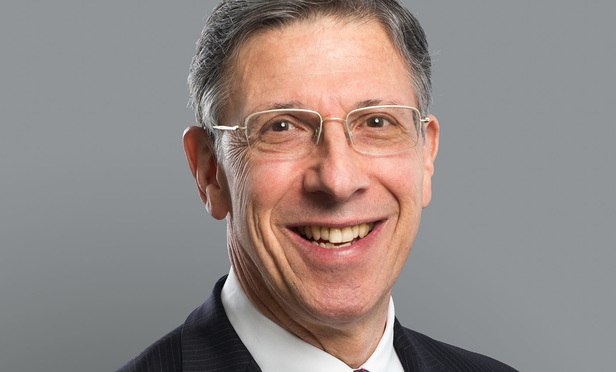This article returns to update two topics that have been addressed in previous articles in this column. Most recently, the article titled “In-State Office Requirement: Gap Between Theory and Reality,” (NYLJ May 9, 2016) discussed the decision in Schoenefeld v. Schneiderman, (11-4283-cv, April 22, 2016), dealing with the subject of the differing office requirements for New York admitted lawyers who reside outside New York and the rules governing identically qualified lawyers who do reside in the state. We return to the subject here in order to consider the implications of the U.S. Supreme Court’s denial of certiorai. The second topic is inadvertent disclosure, and particularly the duties of lawyers who, through no fault of their own, receive messages or documents that were not intended for their eyes, previously considered in “Inadvertent Disclosure—Regrettable Confusion” (NYLJ Nov. 7, 2011). We return to the issue in light of the recent decision from the California Court of Appeal in McDermott Will & Emery v. The Superior Court of Orange County (Super. Ct. Nos. 30-2015-00785773 & 30-2015-00785872, filed 4/18/2017) (the McDermott Will case).
‘Schoenefeld’ Case
Ekaterina Schoenefeld, a New York admitted lawyer who resides in New Jersey, sought a judicial declaration that the office requirement imposed by §470 of New York’s Judiciary Law on nonresident members of the New York bar, in contrast to the absence of any office requirement for New York lawyers residing in the state, violates the Constitution’s Privileges and Immunities Clause by infringing on nonresidents’ right to practice law in New York. The district court agreed and, on the parties’ cross-motions for summary judgment, declared §470 unconstitutional. The state appealed to the Second Circuit, which reversed the District Court’s decision, finding the statute constitutional. The U.S. Supreme Court denied her petition for certiorari on April 16.



